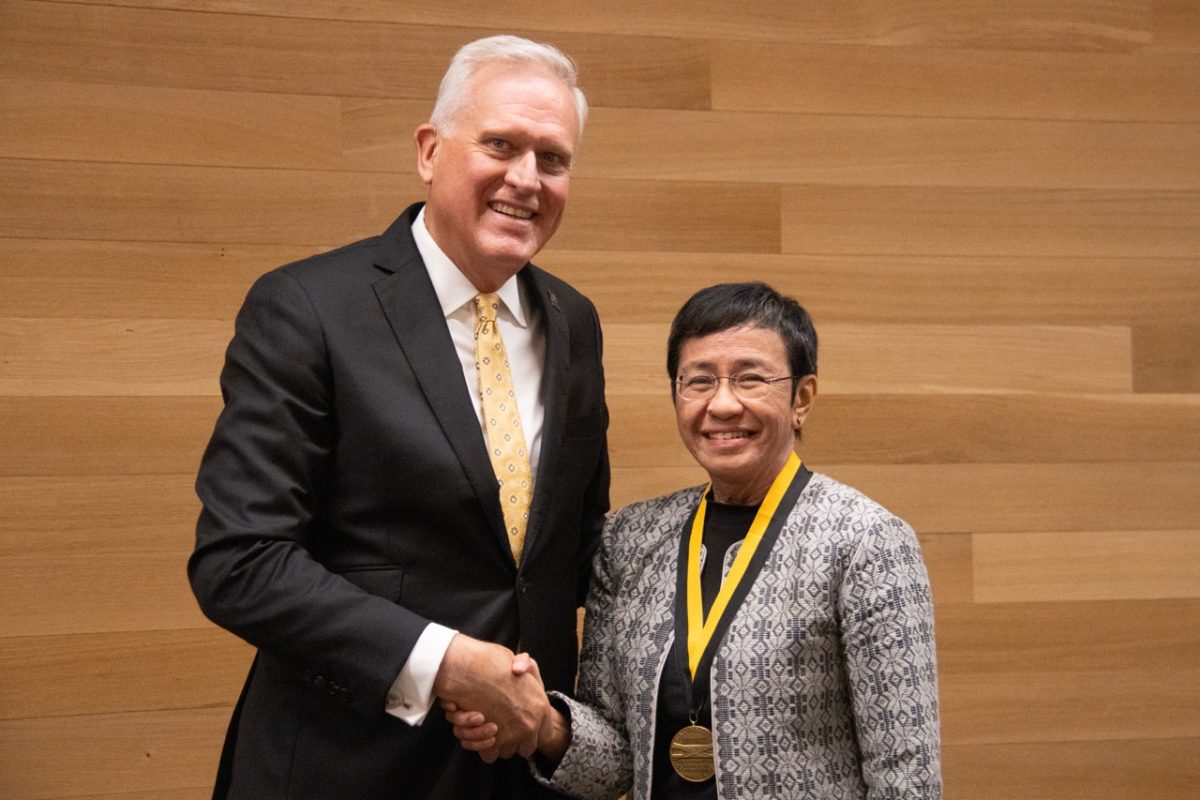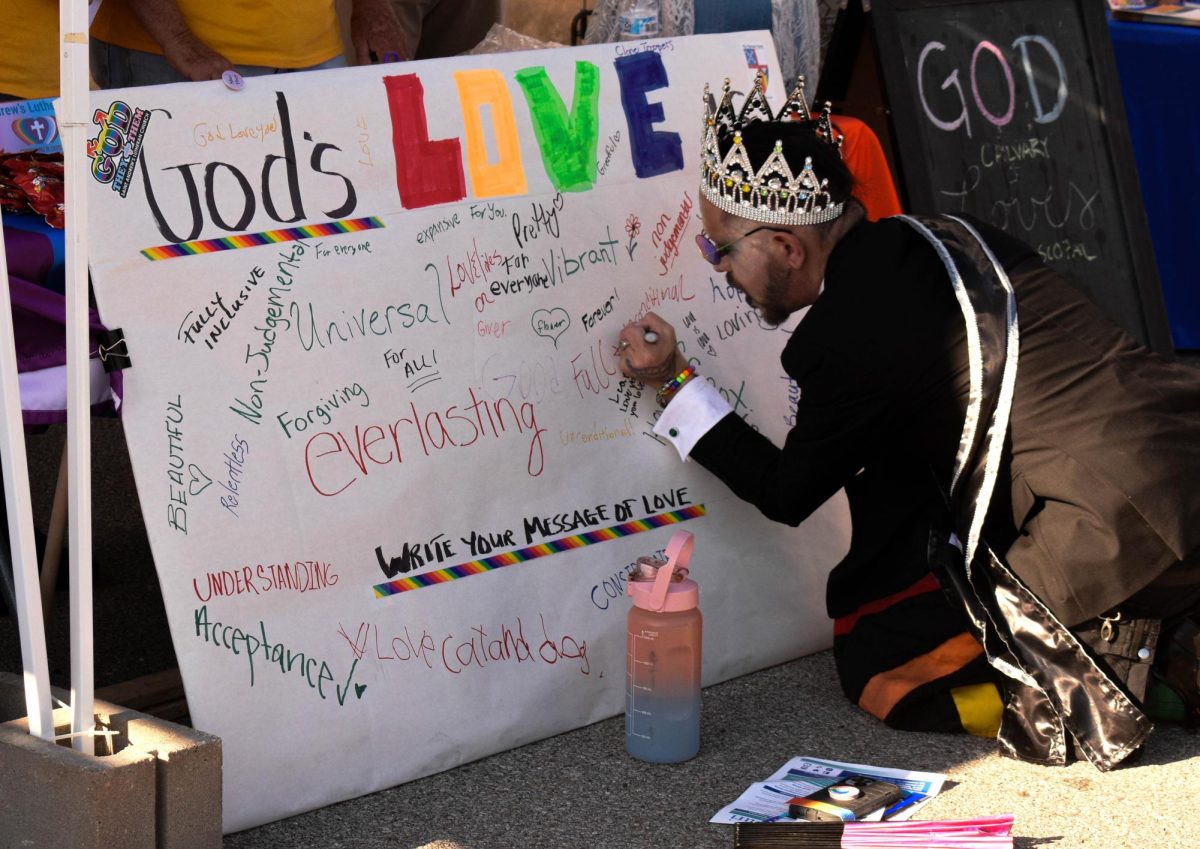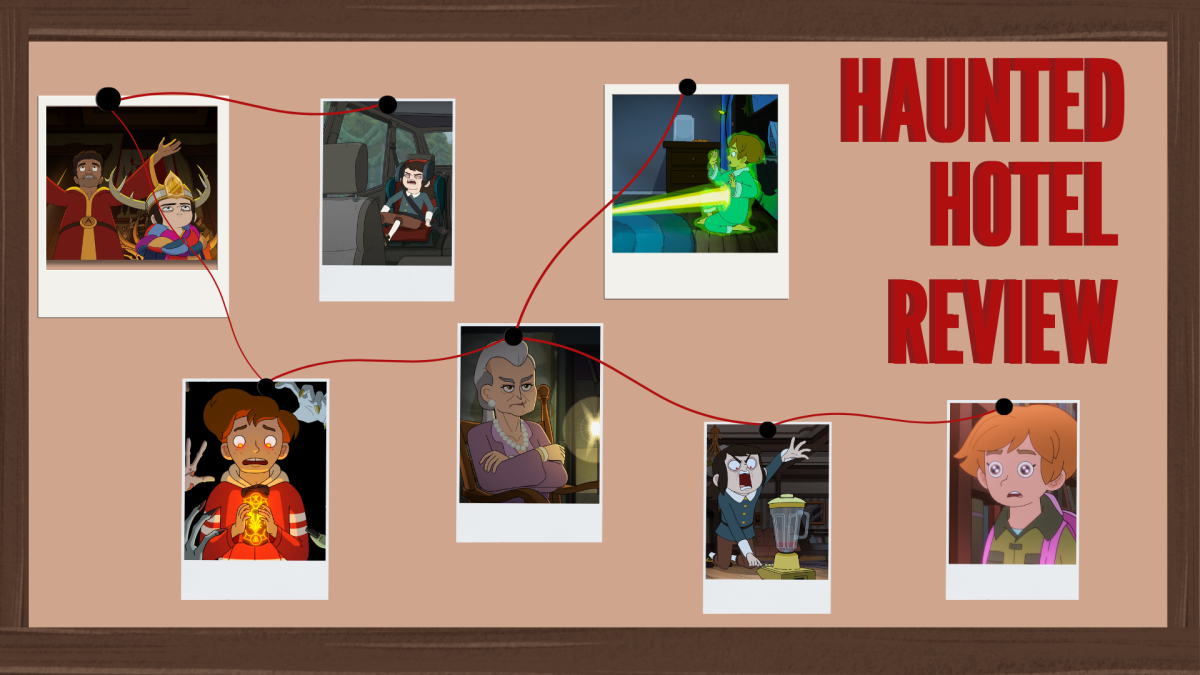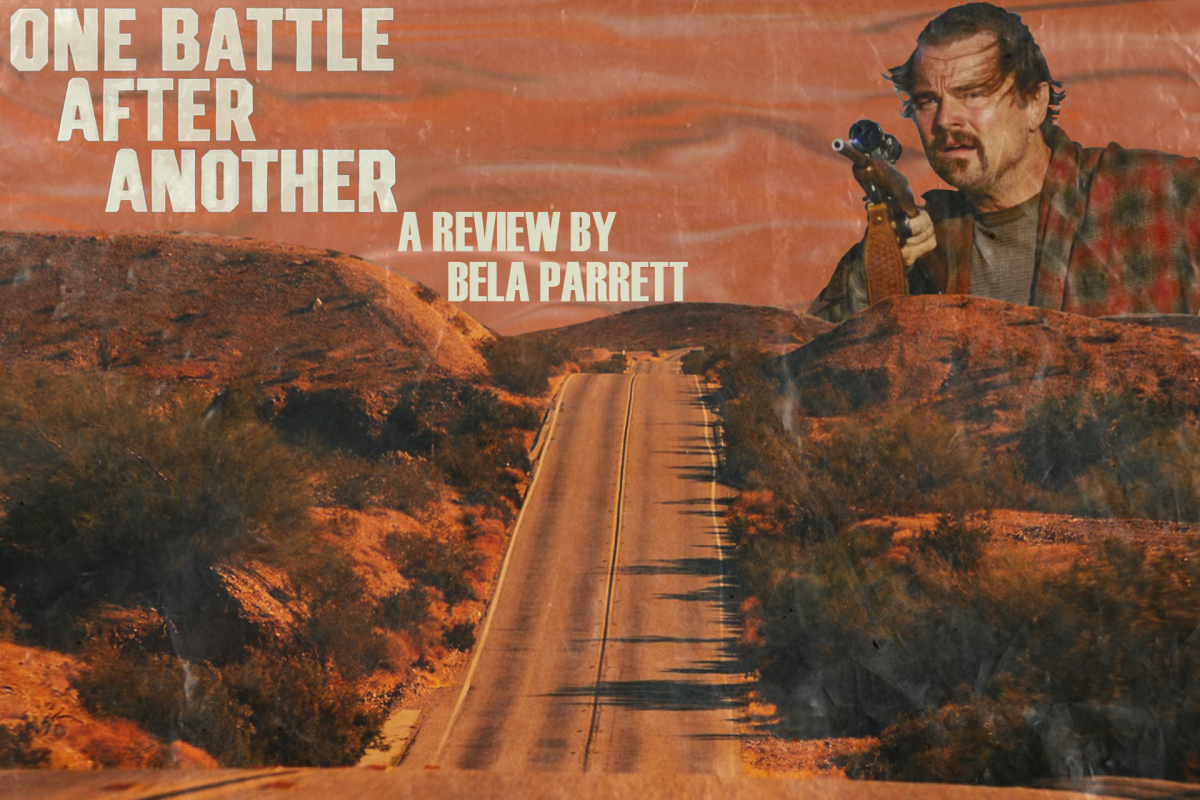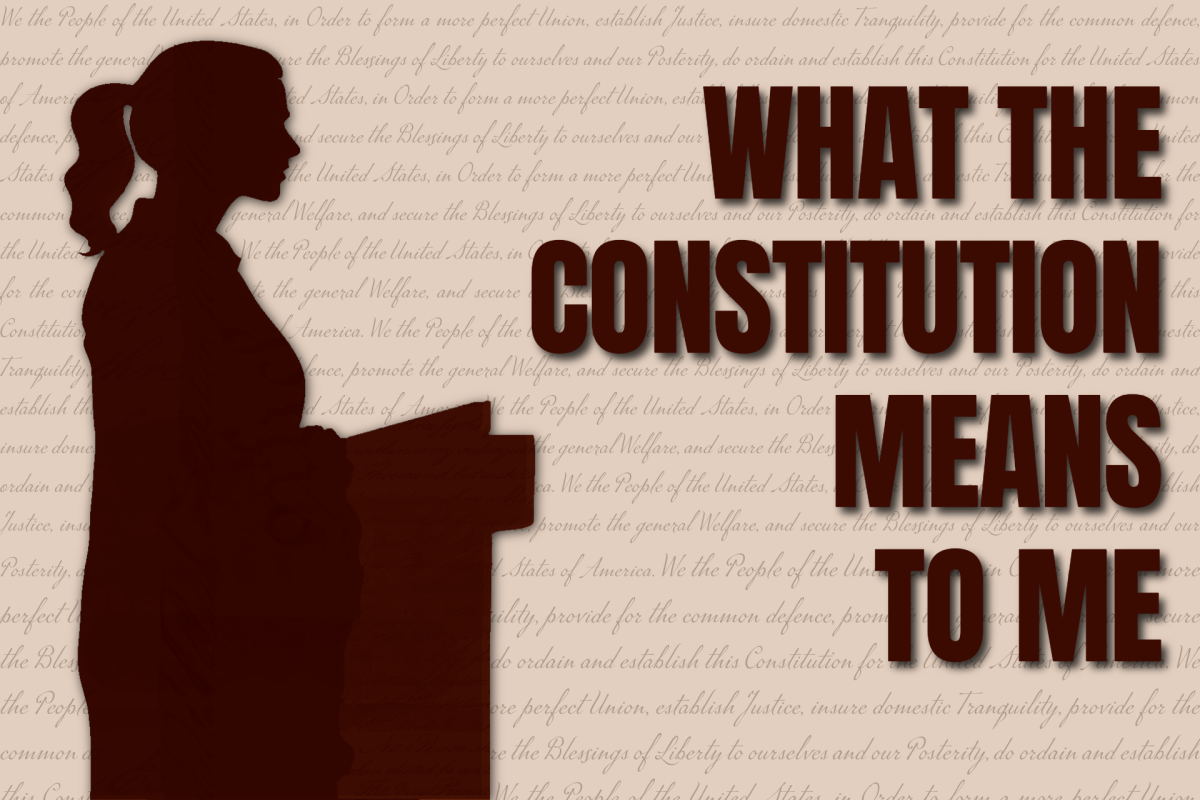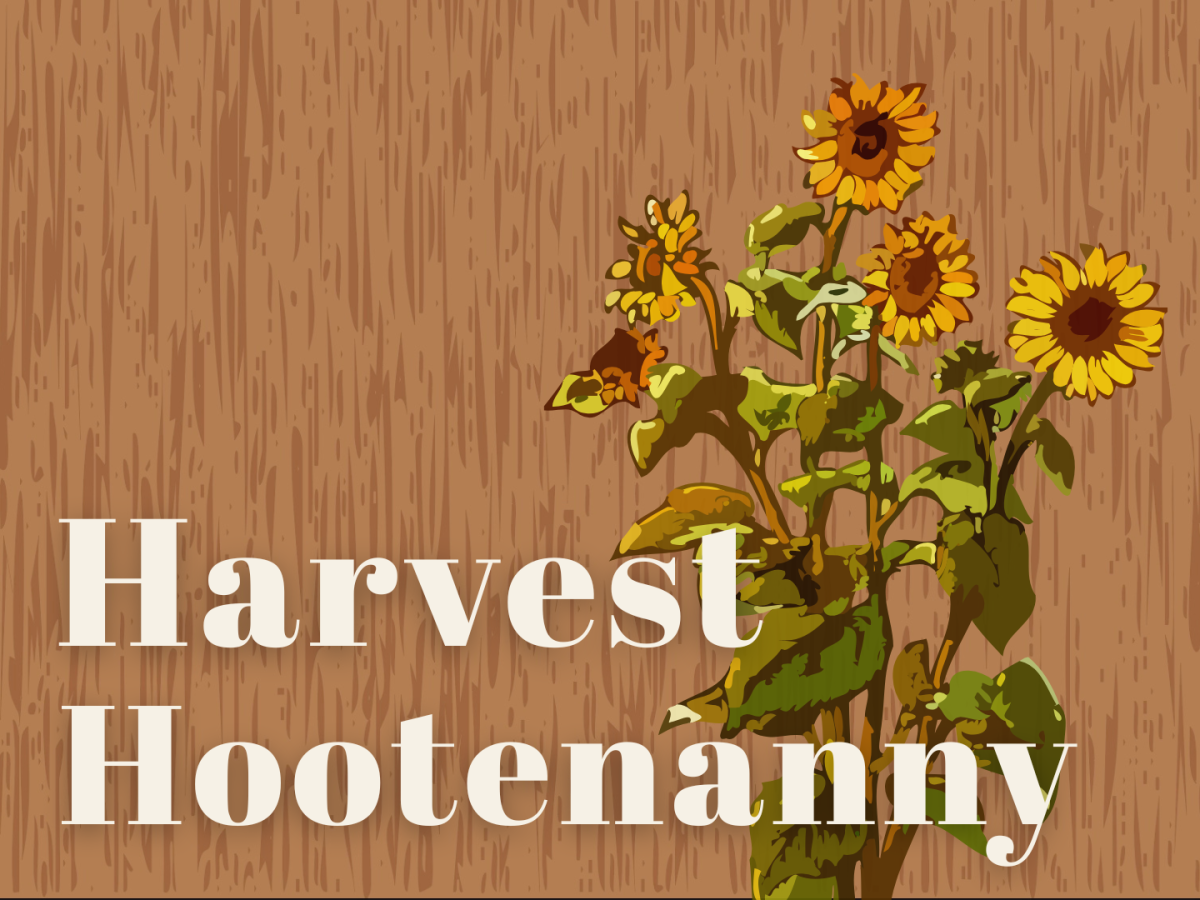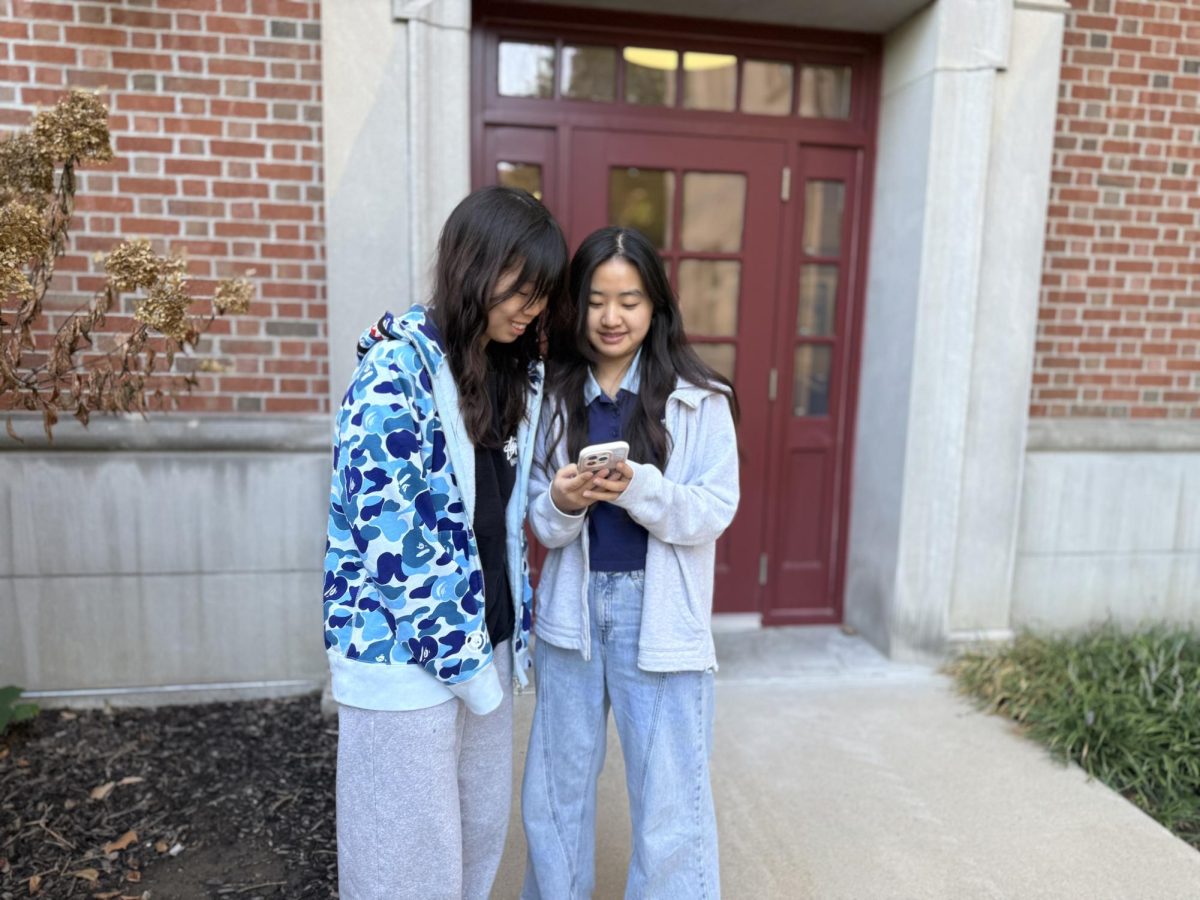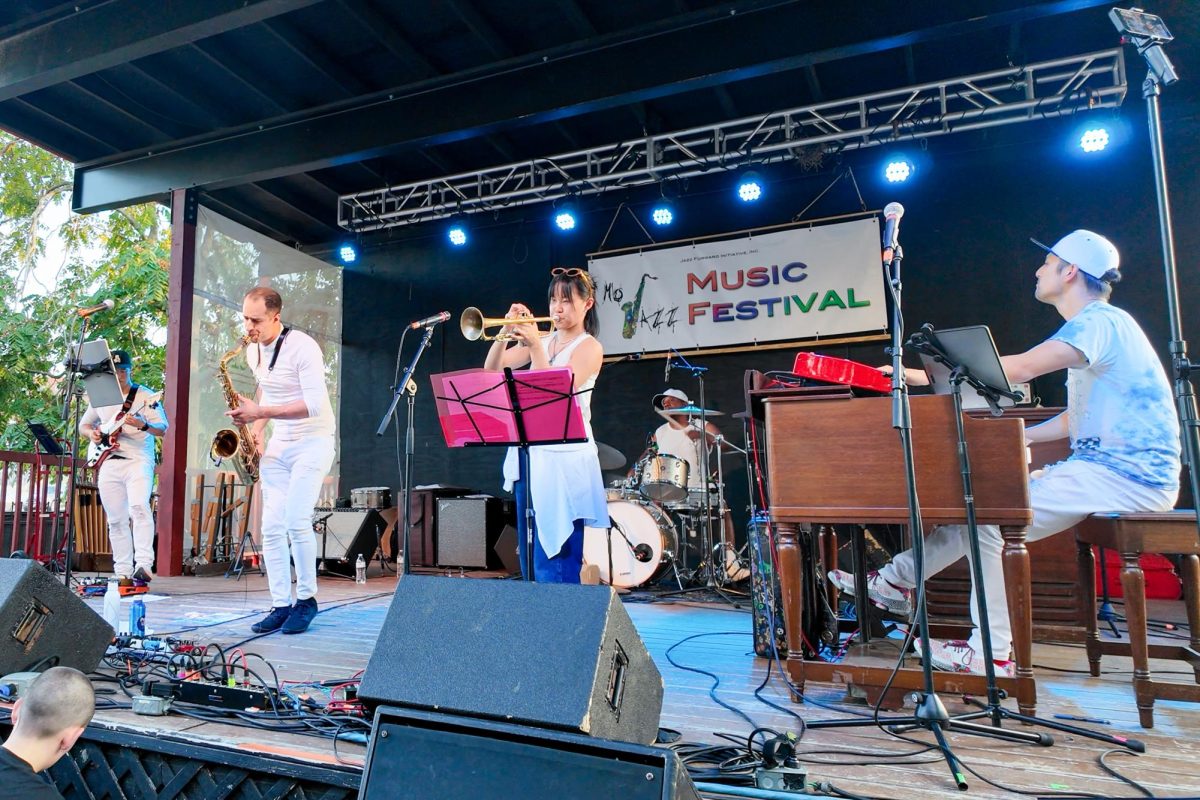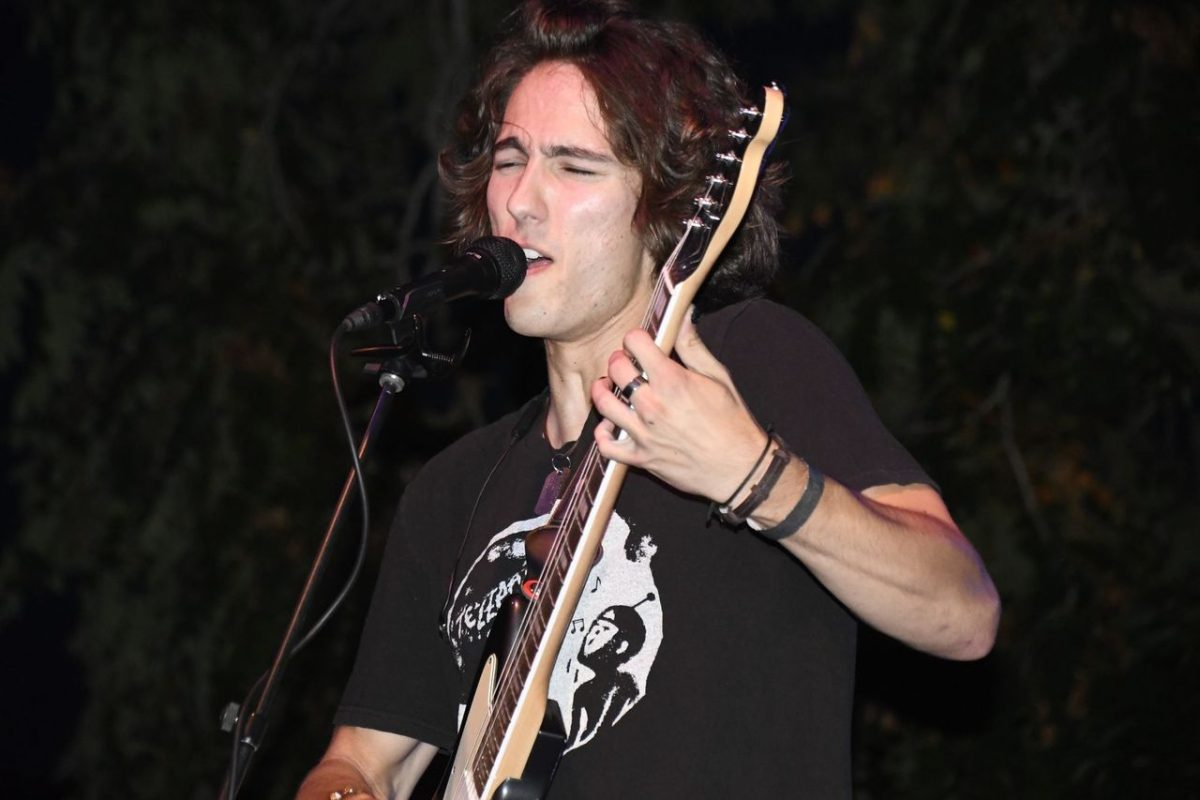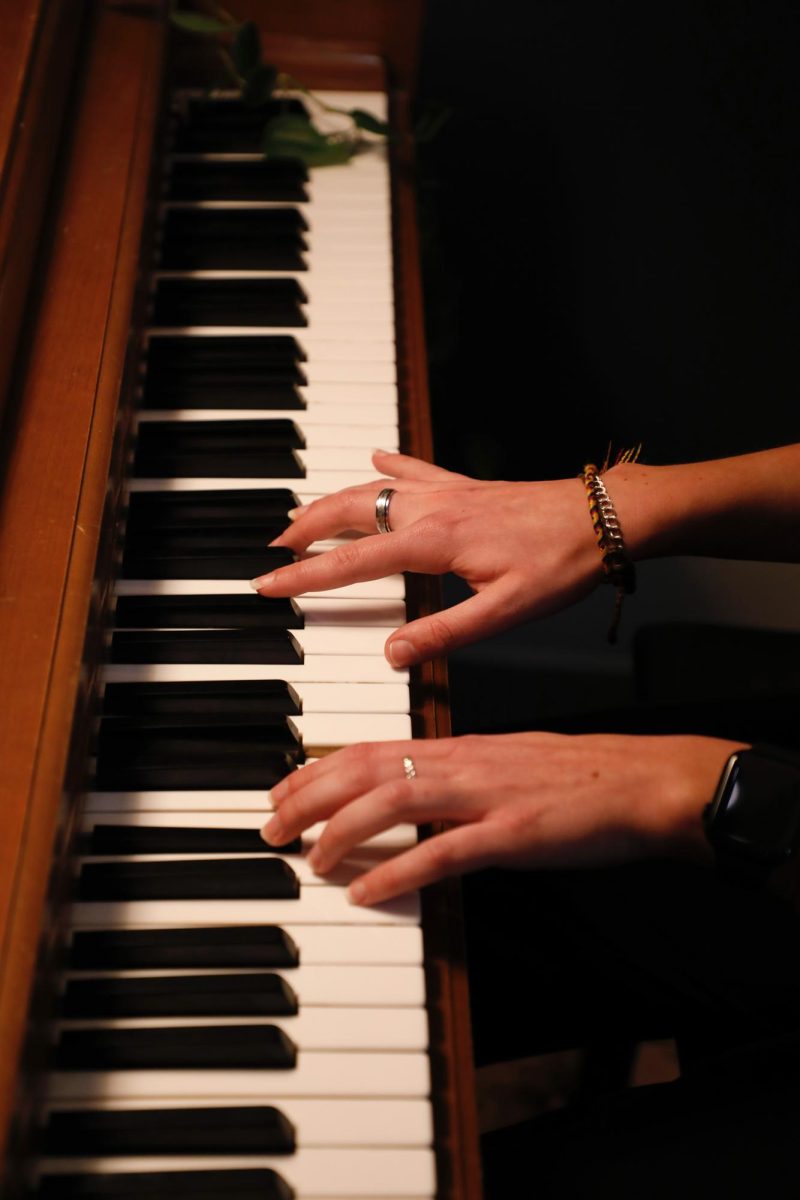Ask any self-respecting music junkie about the summer of 1969, and they’ll tell you about the greatest music festival of the ‘60s: Woodstock. Psychedelia, drug overdoses and some of the greatest rock musicians of all time took center stage in Bethel, New York.
But just 100 miles away in Harlem, another cultural phenomenon was making waves. They called it “Black Woodstock,” and until Ahmir Khalib “Questlove” Thompson’s 2021 documentary “Summer of Soul (…Or, When the Revolution Could Not Be Televised),” it was almost forgotten.
The Harlem Cultural Festival took place in a park smack in the middle of one of the most densely populated areas in the U.S., for six Sundays in the heat of the summer. It featured names like Nina Simone, Mahalia Jackson, Stevie Wonder and The 5th Dimension in a massive celebration of Black music. Best of all, it was completely free, which meant nearly 300,000 people attended over the course of the festival.
Questlove’s documentary sheds light on never-before-seen, color footage of the festival. And it was _colorful_ — the main stage featured a vibrant, funky backdrop of multicolored squares, and the performers’ costumes sparkled. Shots of the crowd revealed roughly 50,000 Black attendees packed shoulder-to-shoulder in the park. The True/False Film Fest audience, attending the first in-person screening of “Summer of Soul,” felt like an extension of that crowd — like we were transported back to 1969.
Documentary interviewees describe the summer of ‘69 as a pivotal moment for Black Americans. The assassinations of John F. Kennedy, Martin Luther King Jr., Robert F. Kennedy and Malcolm X in the preceding years were consecutive blows to the community. They needed to rally, and festival organizers hoped that Black Woodstock would become that opportunity.
Although death and trauma preceded the festival, the film encapsulates the exact opposite. The Harlem Cultural Festival, as depicted in “Summer of Soul,” was a joyous and vibrant celebration of the healing power of music.
As Gladys Knight & The Pips took the stage, they appeared as a Keith Haring painting — cartoon-like figures dancing and jumping and shouting. The performers were in constant motion. There is no other word to describe the collective emotion of the crowd than “joy.”
But underneath the exuberance of those hot summer weekends in Harlem, we get a sense of the radical energy of the ‘60s. The Black Panther Party provided security for the festival after the New York City Police Department refused. The fledgling anti-fascist Young Lords movement simultaneously gained traction in major cities across the U.S.
Most notably, the documentary highlights interviews with Black festivalgoers about the 1969 moon landing. They didn’t care about Apollo 11. At first, this drew raucous laughter from the True/False audience. But a deeper dive into these interviews revealed that Black Americans had more pressing issues on their minds than the moon landing. They wanted direct aid for people in poverty rather than government spending on frivolous endeavors. Now more than ever, their frustration feels relevant.
Overall though, the film is lighthearted. The crisp, beautiful shots of the performances speak for themselves. The powerhouse voices of Simone, Wonder and Jackson rouse the sweating, swaying crowd to their feet, and rouse the documentary audience too.
“Summer of Soul” is a near-perfect film that focuses on one of the most overlooked cultural moments of the 20th century. Questlove’s directorial debut deserves the praise it’s received.
True/False will screen “Summer of Soul” again Friday at 8:30 at Showtime Amphitheater and Sunday at 7:30 at Big Ragtag.
Edited by Elise Mulligan | [email protected]


